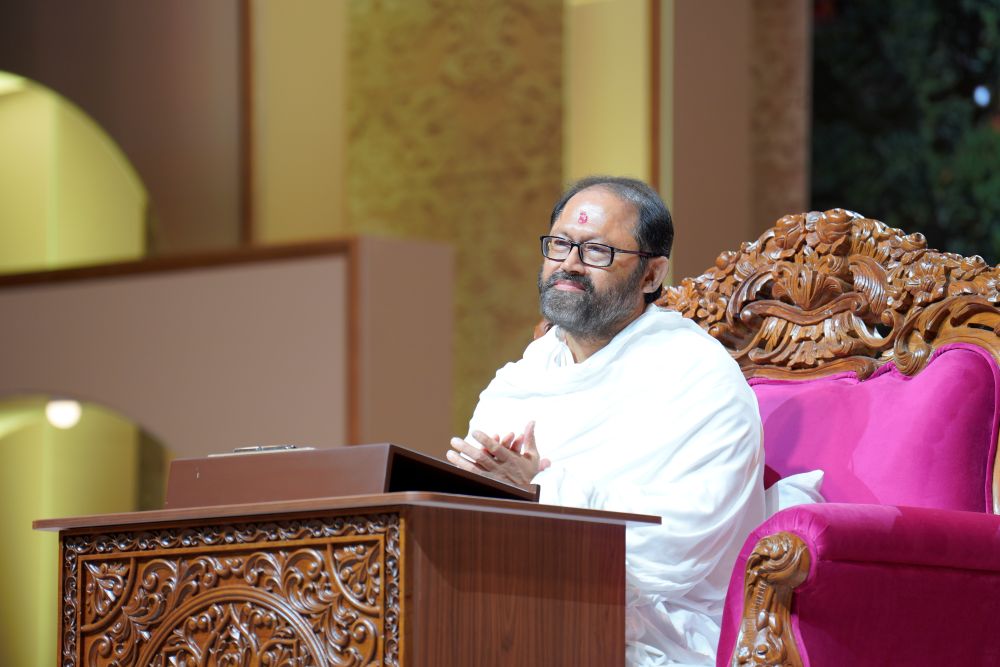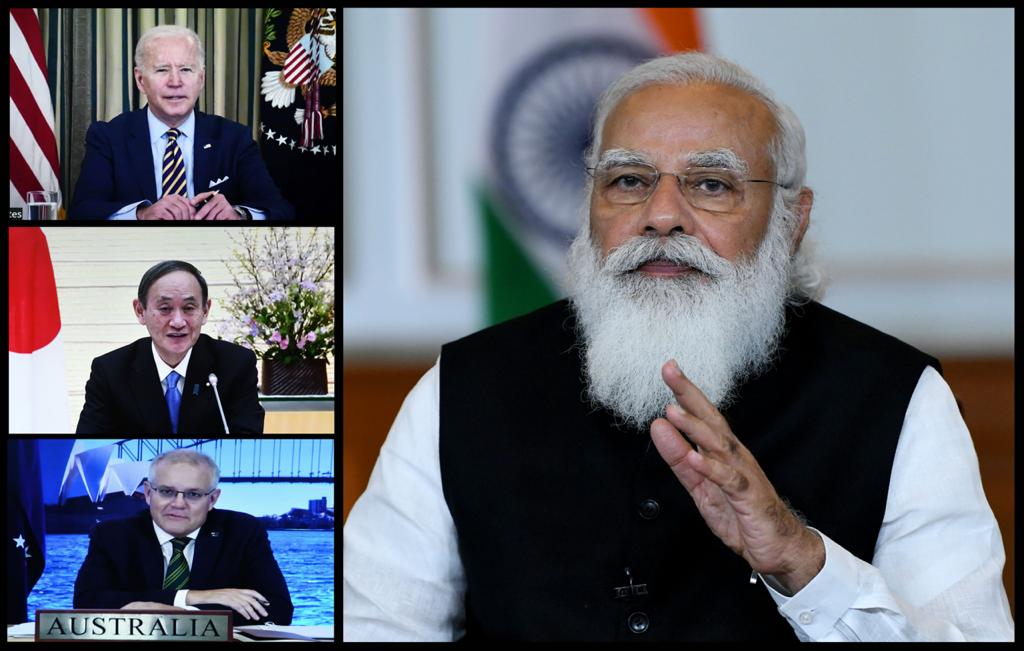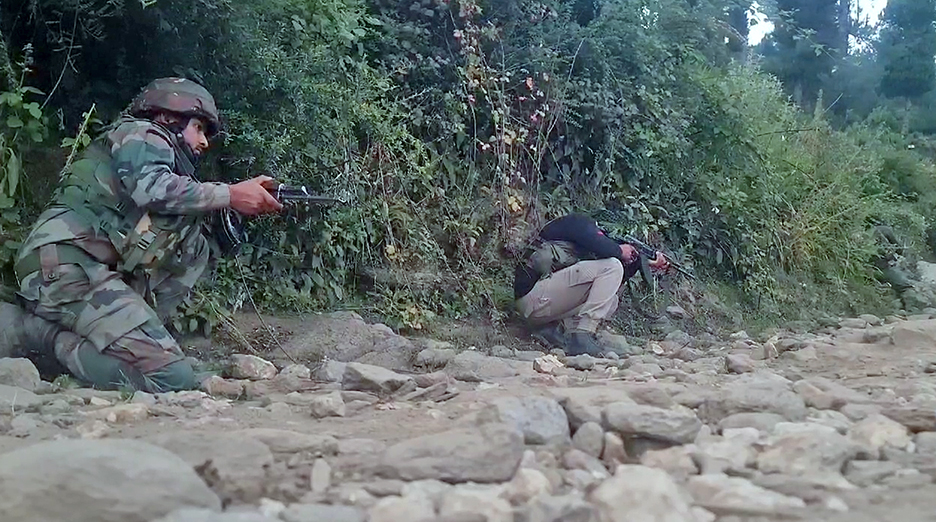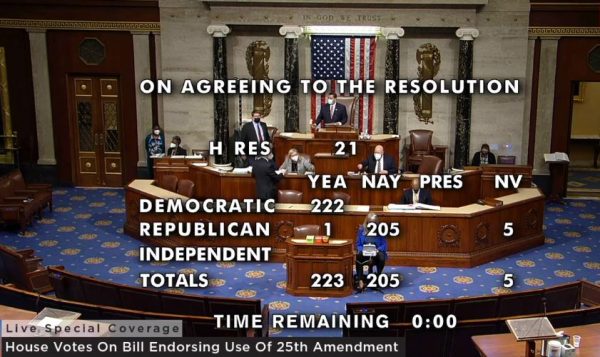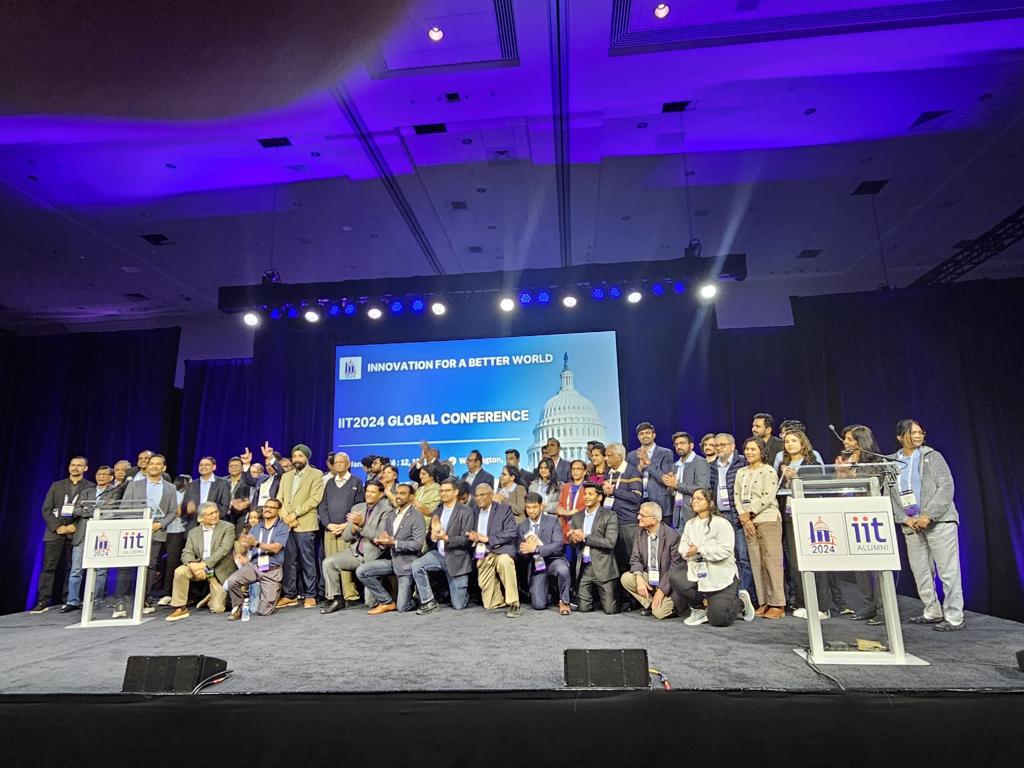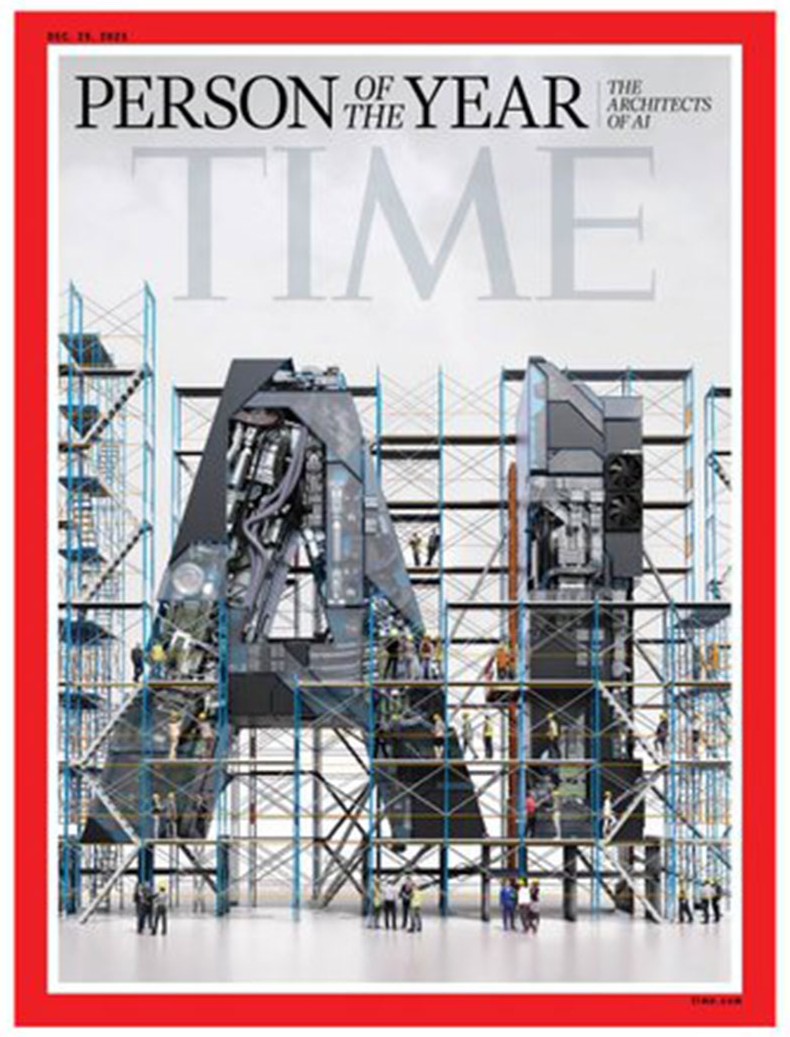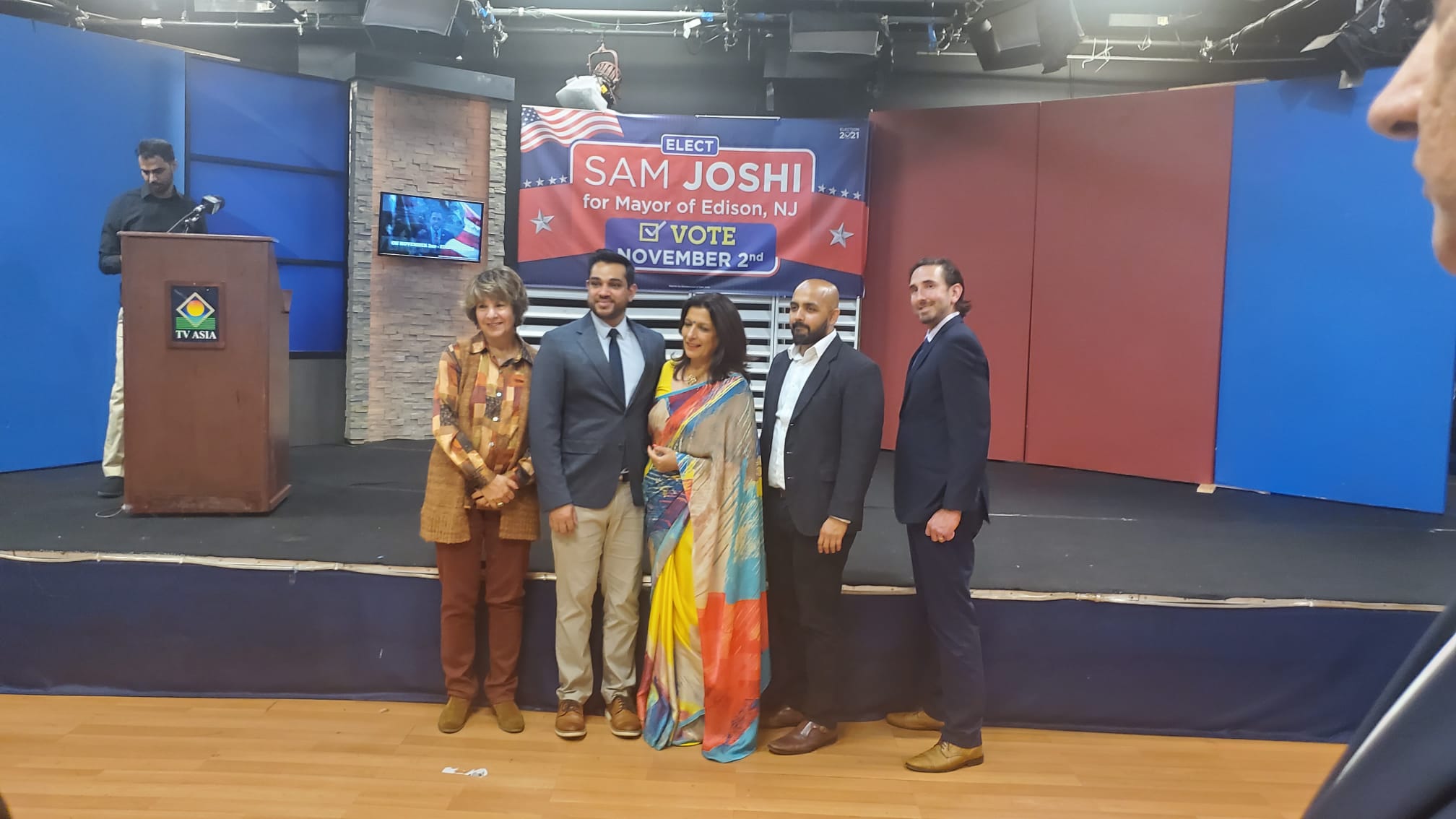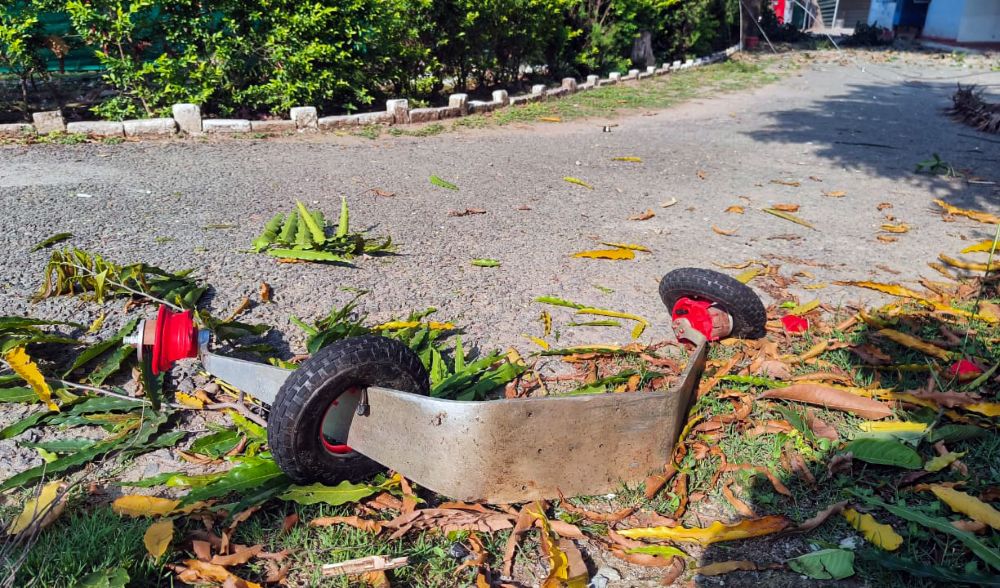Our Bureau
New Delhi/New York/Berne
In a dramatic development on Monday, Indian national Nikhil Gupta, who is accused of being involved in the alleged failed murder plot of India-designated terrorist Gurpatwant Singh Pannun in New York City was extradited from the Czech Republic to the US to stand trial. The US Justice Department has alleged that Gupta (52) is an associate of the Indian government and that together they and others helped plot the assassination of Pannun.
Gupta’s US-based lawyer, attorney Jeffrey Chabrowe said that his focus would be to pursue Gupta’s defense vigorously regardless of “outside pressures.” “We will pursue his (Gupta’s) defense vigorously and ensure he receives full due process, regardless of outside pressures,” Chabrowe firmly asserted.
New Delhi has firmly dissociated itself from the plot against Pannun, saying it is against the Indian government’s policy. It has said it would formally investigate security concerns raised by Washington. Earlier in November, the US Justice Department unsealed an indictment against an Indian national for his alleged involvement in a foiled plot to assassinate a US-based leader of the Sikh Separatist Movement and a citizen in New York.
The discovery of alleged assassination plot against Pannun in the US has brought the India-US relationship under the spotlight.
Gupta was extradited to New York the same day when US National Security Adviser (NSA) Jake Sullivan was in New Delhi to hold meetings with India’s top leaders.
But the White House on Monday refrained from commenting on the question of the plot to kill Pannun came up in National Security Adviser (NSA) Jake Sullivan’s meetings in India and if it will be part of the discussions. In a White House press briefing, National Security Spokesperson John Kirby said, “I don’t have more to add on the conversations that Jake Sullivan is having. He is still over there having these conversations.”
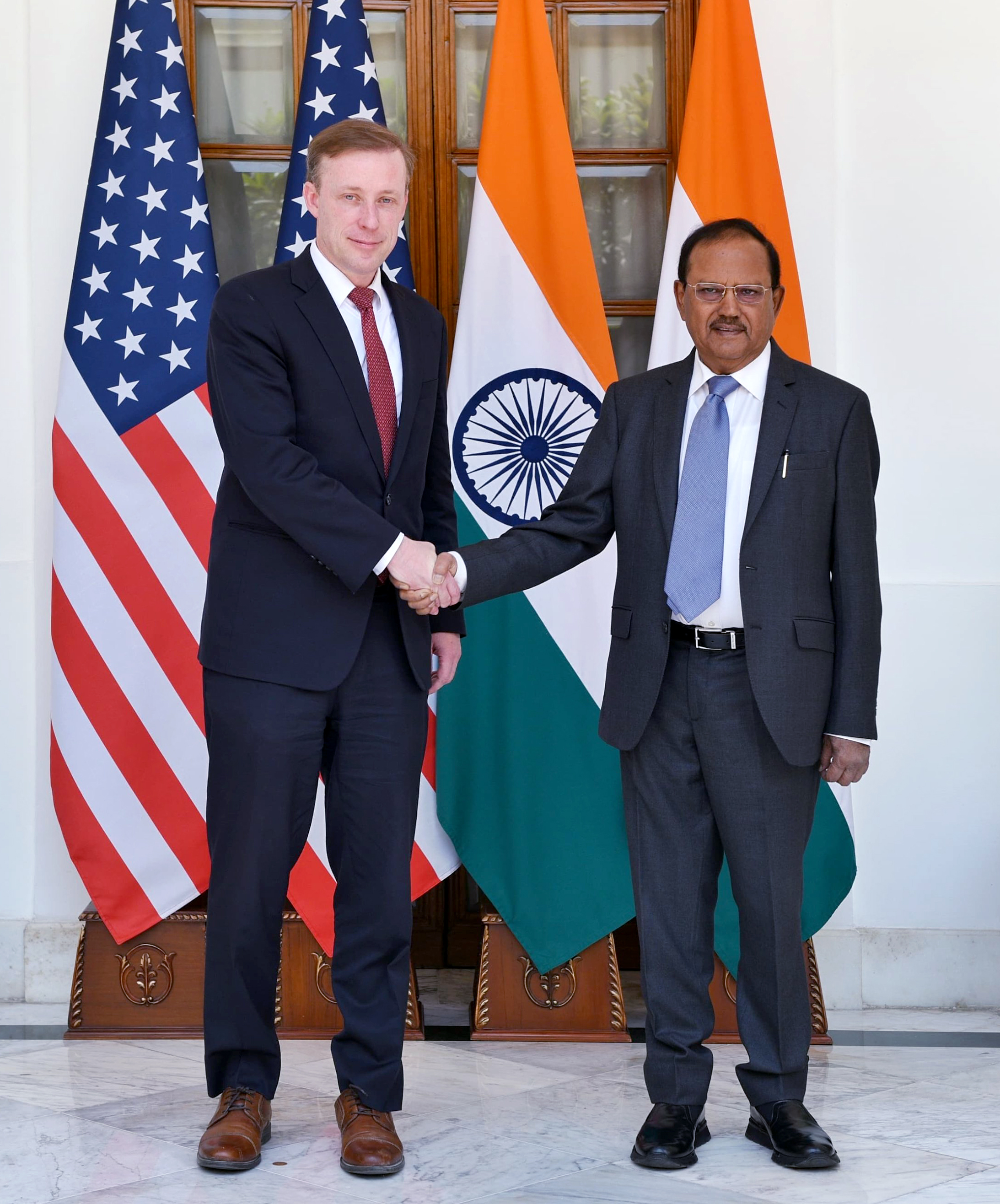
Kirby said that the main focus of his visit was to look for ways to deepen the US-India bilateral relationship, particularly when it comes to emerging technology. “He is still over there having these conversations. But the main focus of his visit, as I said, was to look for ways to deepen the US-India bilateral relationship, particularly when it comes to emerging technology. I don’t have anything more to add to the conversations….” said John Kirby.
Sullivan’s visit to Delhi, from June 17 to 18, marks the first trip to India by a senior Biden Administration official after the Modi government came to power for the third term. Earlier in the day, Sullivan and Indian National Security Advisor Ajit Doval attended the annual meeting of the Initiative on Critical and Emerging Technology (iCET) between the two countries. The delegation-level talks were held in the national capital. This was the second iCET meeting between the two countries and is being held over two days on June 17 and 18.
Following the Critical and Emerging Technology initiative talks in New Delhi, India and the US released a joint fact sheet which highlighted the progress on MQ-9B acquisition, and on other defense cooperation sectors between the two nations.
The key points that were highlighted in the fact sheet were Significant Funding Commitments, NASA-ISRO Collaboration, Defense Space Technology, Telecommunications Advances, Semiconductor Partnership, Quantum and AI Cooperation amongst many others.
In an important move, India and the US Monday launched a new strategic semiconductors partnership to co-develop semiconductor design and manufacturing processes for precision-guided ammunition. “Launching a new strategic semiconductor partnership between General Atomics and 3rdiTech to co-develop semiconductor design and manufacturing for precision-guided ammunition and other national security-focused electronics platforms,” read the fact sheet issued by the US and India.
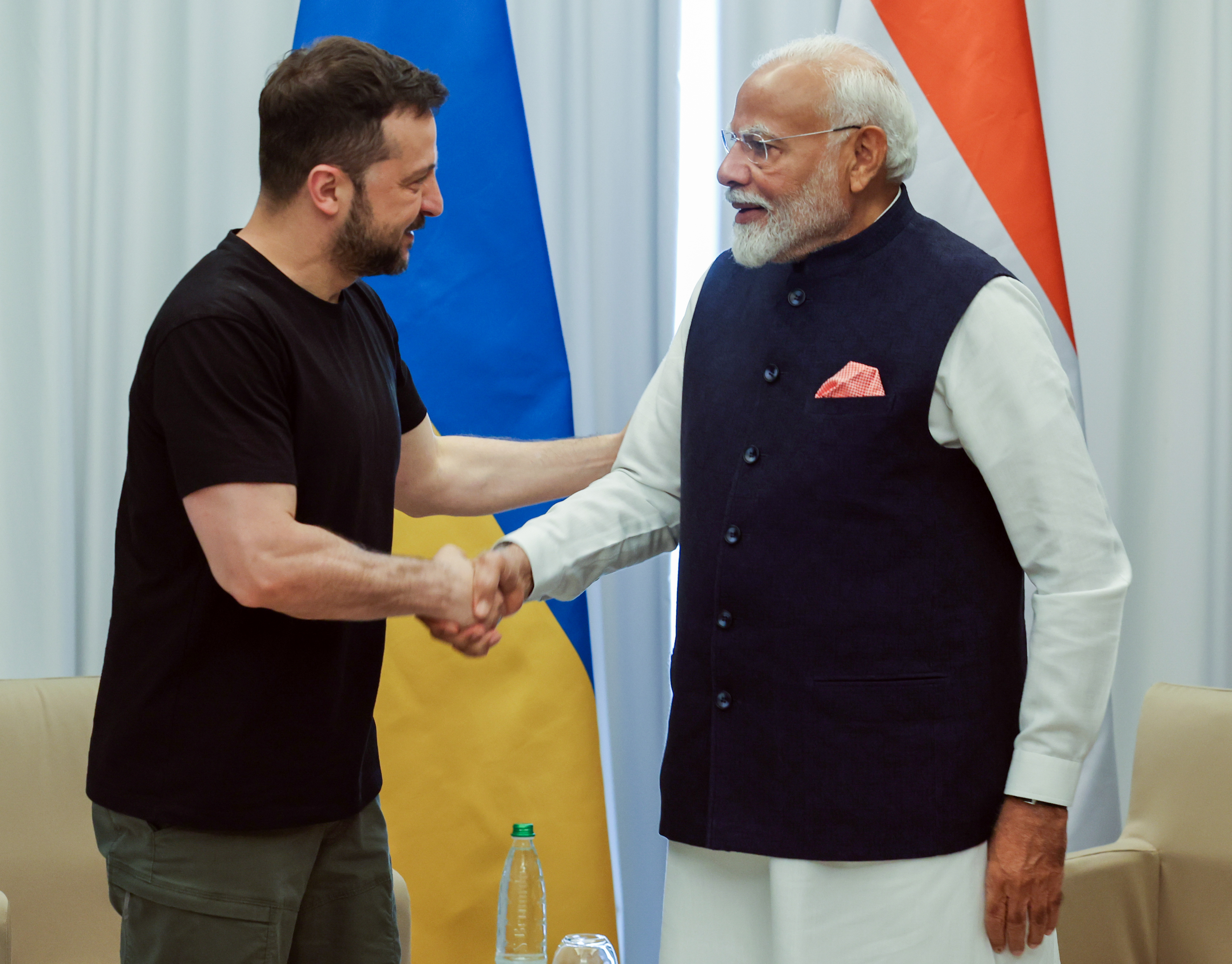
Semiconductors (essential for defense, automobiles and telecommunications sectors) have grown into a key geopolitical battleground, with the US, Japan and China investing heavily in developing domestic capabilities.
“Celebrating the conclusion of a joint Semiconductor Readiness Assessment through a partnership between the US Semiconductor Industry Association and the India Electronics Semiconductor Association, which identifies near-term industry opportunities and facilitates longer-term strategic development of complementary semiconductor ecosystems,” the factsheet added.
This engagement with Indian and US investors in the semiconductor industry in India aims to continue building India’s robust semiconductor and information communication technology ecosystem.
Notably, India in March approved three semiconductor plant proposals, aiming to bolster India’s semiconductor manufacturing ecosystem. The projects entail an estimated investment of Rs 1.26 lakh crore and are expected to significantly contribute to India’s electronics manufacturing sector.
Tata Electronics and Taiwan’s Powerchip Semiconductor Manufacturing Corp. (PSMC) will establish India’s first semiconductor fabrication plant (fab) in Dholera, Gujarat. Tata Semiconductor Assembly and Test Pvt Ltd (TSAT) will set up a semiconductor unit in Morigaon, Assam. CG Power, in partnership with Renesas Electronics Corp., Japan, and Stars Microelectronics, Thailand, will establish a semiconductor unit in Sanand, Gujarat.
US and India also aimed to work together to ensure a reliable supply of critical minerals, which are essential for clean energy technologies and other important industries.
“Promoting India’s vital role in the Mineral Security Partnership, including through co-investing in a lithium resource project in South America and a rare earths deposit in Africa, to responsibly and sustainably diversify critical mineral supply chains,” read the fact sheet.
The two countries agreed to establish an India-US Advanced Materials R&D Forum on the margins of the India-U.S. Joint Committee Meeting on Science and Technology to expand collaboration between American and Indian universities, national laboratories, and private sector researchers.
“Deepening industrial and commercial coordination for critical mineral supply chains under the India-US Commercial Dialogue between the US Department of Commerce and the Indian Ministry of Commerce and Industry, with private sector input from the India-US CEO Forum,” the fact sheet stated.
They also committed to quickly conclude a bilateral Critical Minerals Memorandum of Understanding between the US Department of Commerce and the Indian Ministry of Commerce and Industry and the Ministry of Mines, and driving additional areas of cooperation in critical mineral supply chains such as for graphite, gallium, and germanium.
“Exploring opportunities for collaboration in the critical minerals sector like bilateral collaboration in technologies for Neodymium-iron-boron metal, alloy and magnet making, collaboration with Department of Energy entities; Advancing Indian collaboration with U.S. organizations and companies for carrying out research studies for beneficiation of critical minerals, including lithium, titanium, gallium, and vanadium,” added the fact sheet.
The two countries agreed to build a collaborative program between the Geological Survey of India and the US Geological Survey on exploration, characterization and evaluation of rare earth elements and critical mineral deposits.
But there are still several hiccups in India-US relations. One of the biggest problems is the conflict in Ukraine and India’s refusal to join the West in criticizing or sanctioning Russia.
In a further sign of India’s differences with the US, India on Sunday refrained from associating itself with any communique emerging from the Swiss summit on peace in Ukraine and reiterated its consistent approach to facilitate a lasting and peaceful resolution to the conflict through dialogue and diplomacy. “India did not associate itself with any communique/document emerging from this Summit,” read the Ministry of External Affairs press release.
Pavan Kapoor, Secretary (West), Ministry of External Affairs, represented India at the Summit on Peace in Ukraine, hosted by Switzerland at Burgenstock on 15-16 June 2024. The Indian delegation attended the Opening and Closing Plenary Sessions of the Summit. “India’s participation in the Summit, as well as in the preceding NSA/Political Director-level meetings based on Ukraine’s Peace Formula, was in line with our consistent approach to facilitate a lasting and peaceful resolution to the conflict through dialogue and diplomacy,” added the release.
Now the US has taken its diplomacy to India as Modi government begins its third term. The White House on Monday reiterated that the visit of US National Security Advisor Jake Sullivan to India will further deepen the already strong partnership between the two countries and create a more prosperous Indo-Pacific. “As the world’s two oldest and largest democracies, the United States and India share a unique bond of friendship. Jake Sullivan’s trip will further deepen the already strong US-India partnership to create a safer, more prosperous Indo-Pacific,” said John Kirby.
It seems the phase of a mild friction in the India-US relations may be coming to an end now.



















